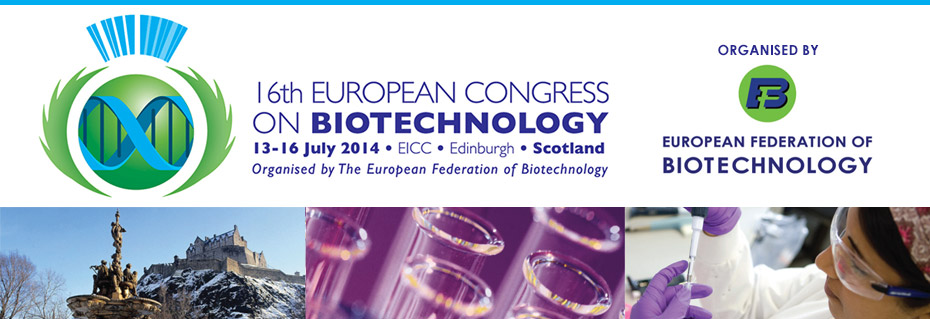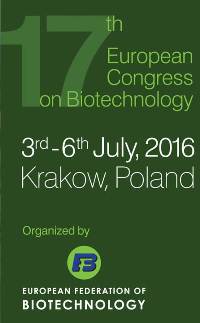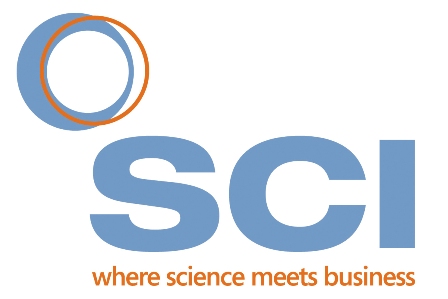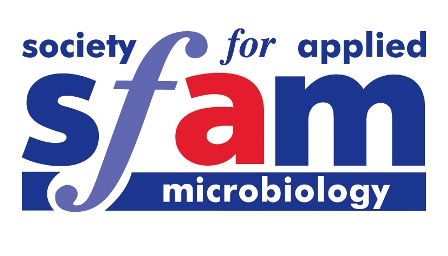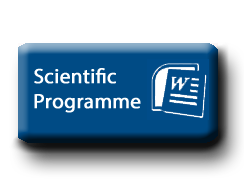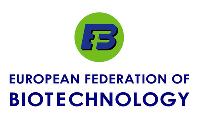The European Congress on Biotechnology is the leading conference for academic and industrial biotechnologists in Europe organised by the European Federation of Biotechnology. The 16th biennial event took place in the beautiful and historic city of Edinburgh, Scotland.
- 1,400+ Delegates
- 1,000 Scientific Posters
- 150+ Speakers
- 50+ Exhibitors
The scientific programme was designed to cover all aspects of biotechnology, including environmental and green biotechnology, microbial physiology, microbial synthetic and systems biology, applied biocatalysis, industrial biotechnology, biochemical engineering, medical biotechnology and much more.
The congress provided an excellent opportunity to network, share ideas and form partnerships with: biotechnology and pharmaceutical companies, investment companies, equipment manufacturers, technology providers, medical device companies, government and regulatory bodies, IT software solutions, biotechnology associations, learned societies in biotechnology, research institutes, universities, consultants, law firms and individual biotechnologists.
To raise your company’s profile and maximise your exposure to the biotechnology industry, please contact us to discuss exhibition and sponsorship opportunities for ECB17: Punita Halladey on +44 (0) 207 808 5178, punita.halladey@tfigroup.com.
Recent News & Media
2014 Young Investigator Award Winner announced:
The Editors of the Biochemical Engineering Journal, in cooperation with the 16th European Congress of Biotechnology Conference, are very pleased to announce the selection of Chetan Goudar as the recipient of the fifth Biochemical Engineering Journal Young Investigator Award.
To view more information on this session and the award, please click here to view the highlight events.
